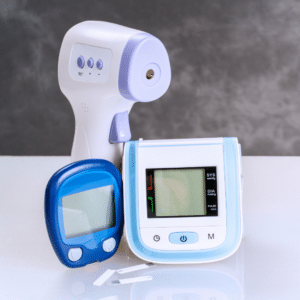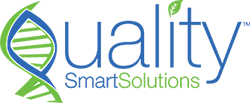
Introduction:
FDA approvals can be a complex process, but understanding its important steps can give you insight into how drugs and medical devices enter the marketplace. From registering with the FDA to undergoing drug/device tests and inspections, find out all about FDA approvals here.
What is the FDA and it’s role in regulating drugs & devices?
The FDA is the United States Food and Drug Administration, a government agency that ensures public safety by regulating food, tobacco, drugs, dietary supplements, medical devices and more. Their job is to review applications for new drugs and medical devices and approve them if they meet their standards. Additionally, they investigate safety issues that arise after approval and work to ensure manufacturers comply with good manufacturing practices.
What are the different types of drug & device reviews and approval processes?
Depending on the type of drug or medical device, there are different review and approval processes that may be required. For example, drugs typically need to go through three phases of clinical trials and data evaluation before they can receive FDA approval. Medical devices such as implants, pacemakers, and defibrillators require additional safety testing and longer clinical trials. Additionally, some products may require a premarket notification to the FDA if they are modified in any way after being approved. It’s important to understand these processes when applying for FDA approval for new products.
How does an organization or manufacturer apply for FDA Registration & drug or device approval?
Companies and organizations who wish to apply for FDA registration and approval must have a product label that includes all claims, instructions, warnings, and other information regarding the device. This label must also be approved by the FDA before beginning any clinical trials or applications. Additionally, applicants must submit a complete application containing all relevant data concerning the device’s safety and effectiveness. In some cases, mandatory inspections may be requested in order to evaluate an organization’s Quality System Regulation compliance. All of these processes are necessary for obtaining approval from the FDA.
How does the FDA conduct inspections for compliance with Quality System Regulations (QSR)?
The FDA conducts inspection visits to evaluate whether or not companies are compliant with the QSR. During these inspections, the FDA assesses processes and procedures related to product design, production, packaging, labeling, storage, distribution and servicing. The FDA also reviews records of investigations into complaints and service reports as part of these evaluations. The inspector generally collects evidence through interviews with personnel who are knowledgeable in each device’s operation and document review. Compliance is reviewed based on whether the findings meet all requirements of the Good Manufacturing Practices (GMP).
What types of tests does the FDA require for a drug or device before it is allowed on the market?
The FDA requires a range of tests for devices and drugs before they can be allowed on the market. These include quality assurance tests, performance tests, clinical trials, toxicology studies and label reviews. Quality assurance tests make sure that the manufactured product meets all quality specifications so the end-user is protected from harm. Performance tests make sure that the device performs as intended in the conditions it will likely encounter in use. Clinical trials assess how safe and effective a drug or device is by testing it on human volunteers under supervision of medical professionals. Toxicology studies look at what effect a drug or device may have when it enters the body as well as any potential risks if improperly used. Finally, label reviews are generally conducted to make sure that all necessary information is present on product packaging and labeling.
Learn more about Health Canada Medical Device compliance and Drug & Health Products compliance.
Our experts at Quality Smart Solutions are here to help and offer medical device-related regulatory advice and support on successfully securing your medical device license. We can help you by responding to potential information requests, keeping your license updated, and reviewing your device labels (510k Medical Device Registration, Facility Registration & FURLS, IVD Device Registration, and SaMD Classification.


